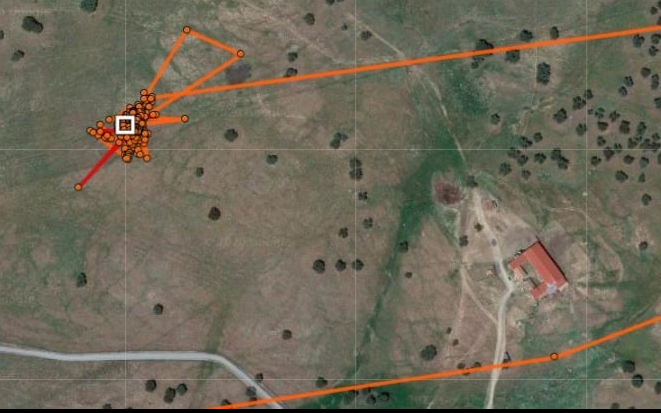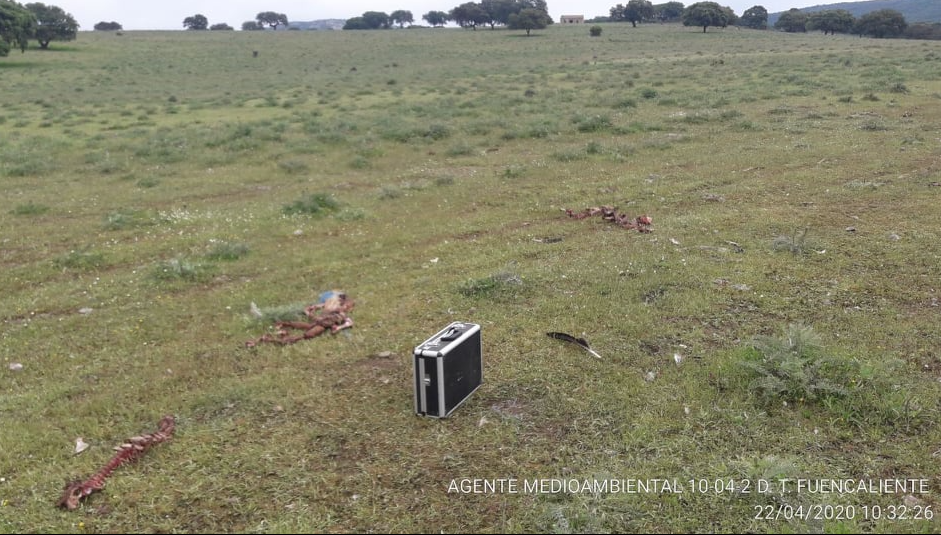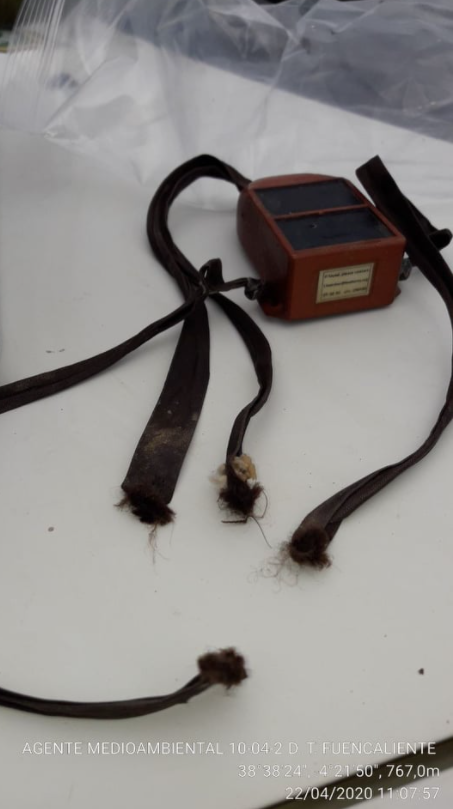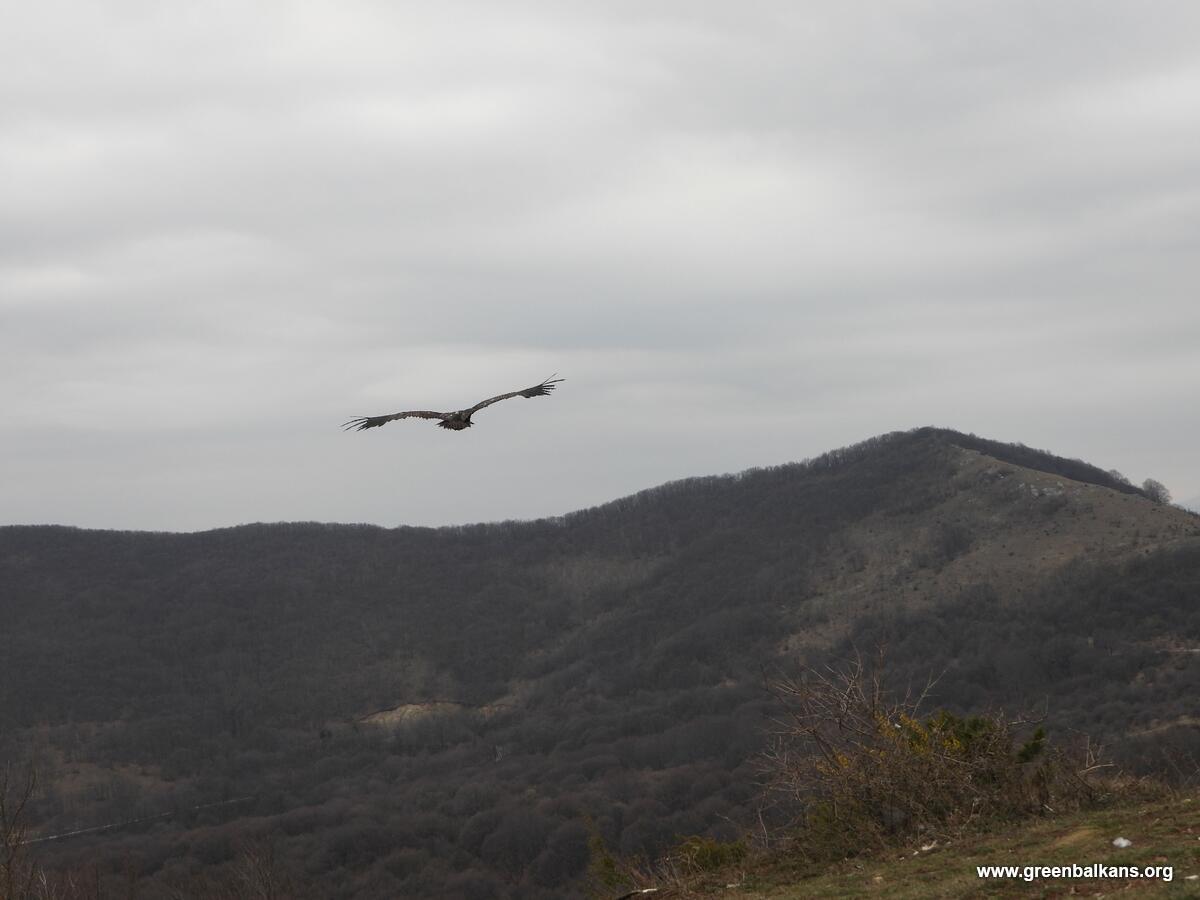
GPS tagging plays a vital role in the effort to protect and restore vulture populations in Europe. Equipping vultures with GPS tags allows conservationists to study vulture behaviour and movements, and understand vulture biology and ecology. It also helps identify key threats, which can then inform targeted conservation measures. At the individual level, it helps evaluate the health status of a bird and take rapid action if necessary.
The importance of swift field response
GPS data can warn conservationists that a bird needs help or whether it might have died. If the vulture does not move, if the body temperature drops low or the accelerometer data show no activity, an alert comes up. Thanks to this information, a field team can go to the scene on time and save a weak or injured vulture. Furthermore, faster reaction ensures a better possibility to identify the cause of death and conduct a criminal investigation if needed. This can help identify without any hint of doubt potential threats in the area and undertake the right steps to tackle them.
Unfortunately, this response is often not immediate nor thorough, and many tags or dead birds are retrieved in a state that does not allow for mortality to be determined. This defeats the whole purpose of using tags. Tagging birds does involve a certain risk and impact on birds, and we do it because the conservation benefits far outweigh the risks, but it is important that we plan for a quick and immediate retrieval-search – and thus build our network of contacts beforehand, and monitor the tagged birds very frequently, and work hard to get the best placed people to the scene once something is wrong.
An excellent example of fast mobilisation
In the night of Tuesday 21 April 2020, our staff noticed that the Cinereous Vulture Contenda marked last summer in Portugal did not move for a while, which suggested that the bird has either died or had lost the tag. We immediately searched for and contacted the local authorities (Agentes de Medio Ambiente) who despite the COVID-19 difficulties, managed to go to the scene early the next morning, taking the proper safety measures, of course. An environmental agent from Castilla la Mancha went to the last known coordinates of the bird near Ciudad Real and carried out a thorough investigation of the area. Thankfully, he discovered the tag, and the broken harness, which means that the vulture is most likely alive and the harness of the tag just opened, so Contenda lost it. Finding a brown tag in a field is no easy task. The GPS accuracy is sometimes only 10 to 20 meters and hence, the exact location is not known when the agents go to the field. The GPS tag is small, only around 7 by 4 cm. Fitting the harness is done using safe methods, and by adding a weak point to the harness, it enables the tag to break safely after a while and so not harm the bird.
Commitment to vulture conservation has allowed once again for international collaboration and efficient coordination to take place even during a global pandemic. It is always crucial to act quickly when such incidents arise. A big bravo to the Agentes de medio ambiente from Castilla La Mancha who responded immediately and helped retrieve the tag. Now, we will be able to reuse the tag and monitor the movements of another vulture!
Follow the movements of GPS tagged vulture by visiting our online public maps.












